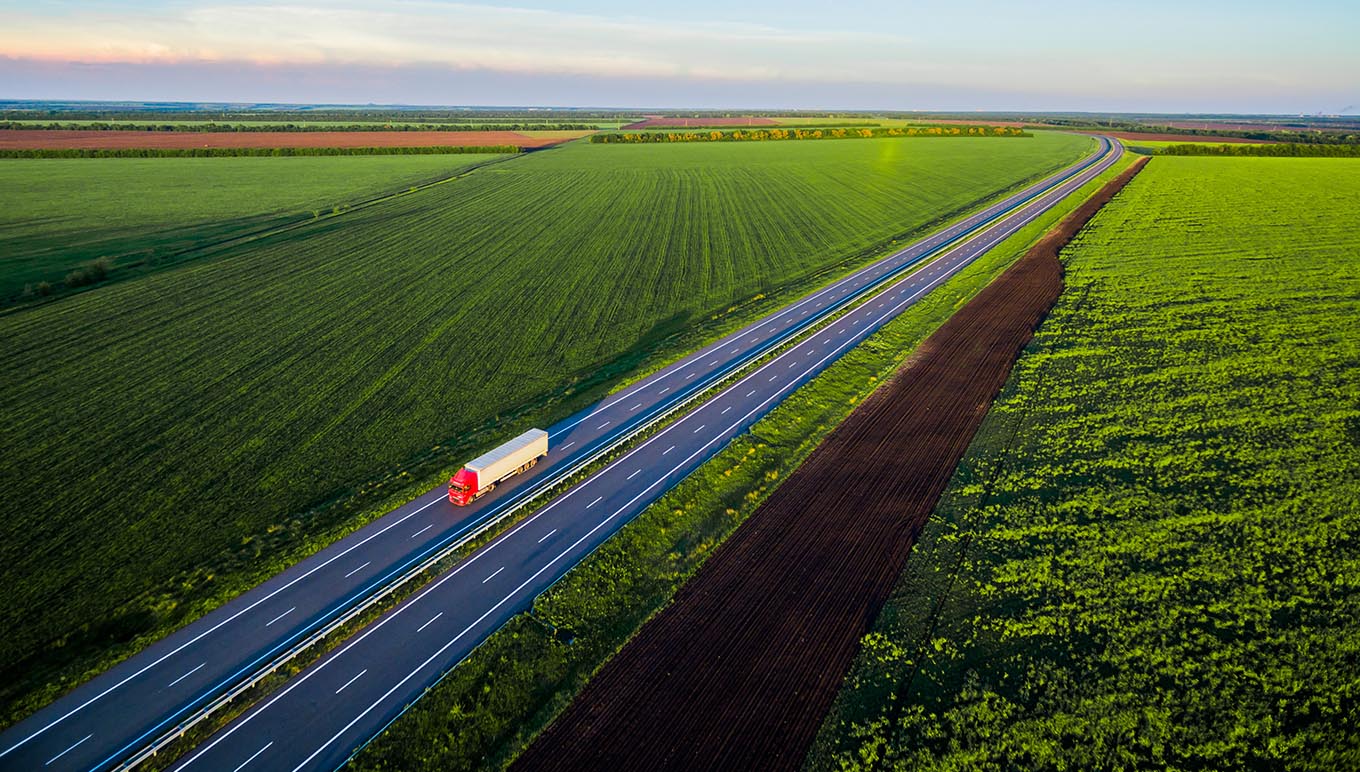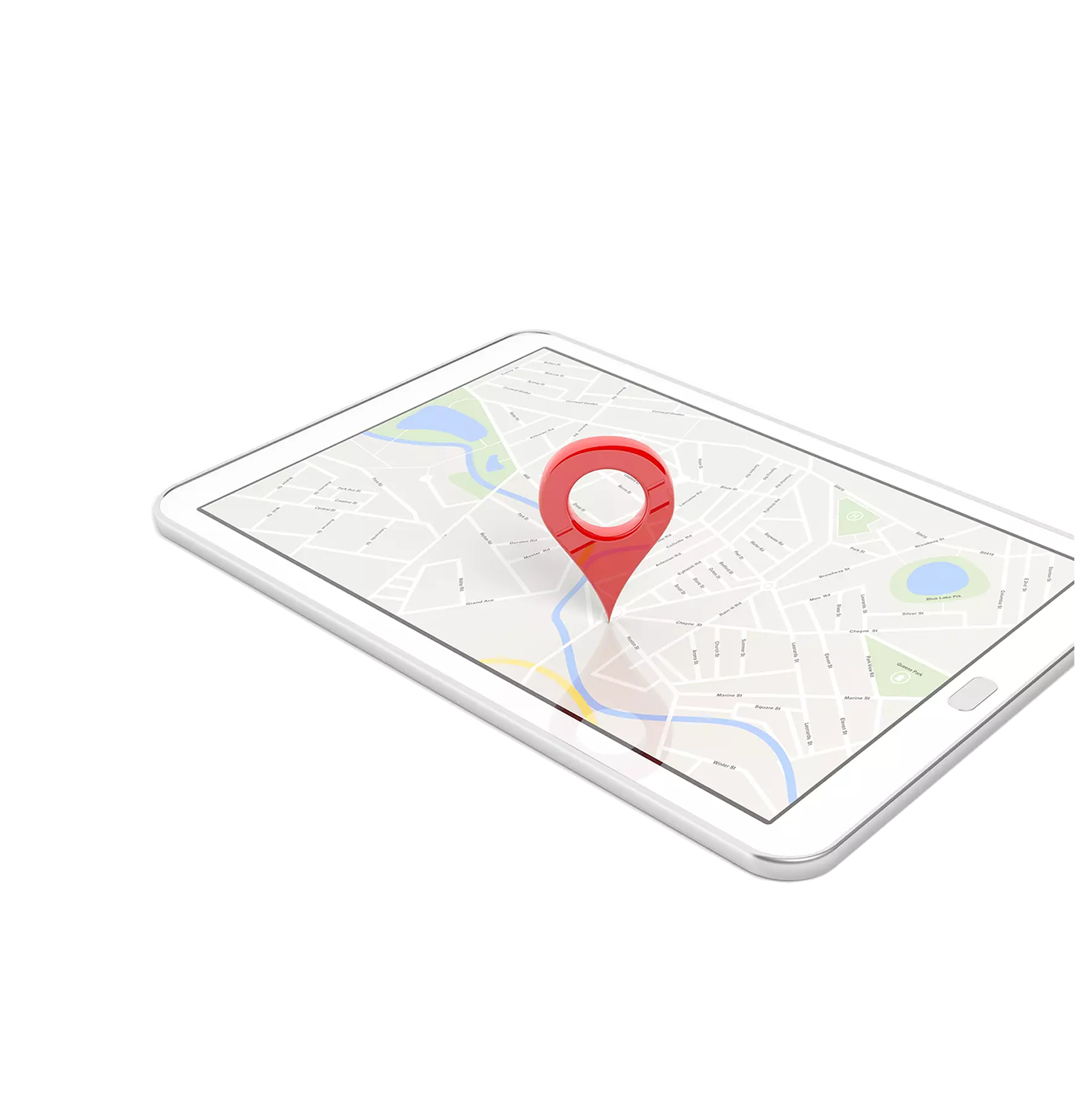Featured in this post
4 Uncomfortable Truths About Your Distribution Carbon Footprint
4 Uncomfortable Truths About Your Distribution Carbon Footprint
Apr 25, 2023
 Aptean Staff Writer
Aptean Staff Writer 
64% of small and mid-sized companies say they want to be more sustainable. But what does this actually mean? For organizations that move goods around, "becoming greener" involves minimizing the carbon footprint of your logistics operation. However, this is easier said than done.
When researching the environmental impact of distribution, Aptean discovered a gap between how sustainable companies believe they are and their actual carbon footprint.
Could your logistics operation become more environmentally friendly? Here are four truths about commercial transportation’s contribution to global warming—and some thought starters on how to respond to them.
Check out the facts and then take Aptean’s new quiz: How Green Is Your Distribution Operation? to rate your company’s carbon footprint.
of U.S. greenhouse gas (GHG) emissions come from transportation; more than any other sector
Truth #1: Transportation Is The Biggest Contributor to Greenhouse Gas Emissions
FACT: 27% of U.S. greenhouse gas (GHG) emissions come from transportation; more than any other sector.
An industry built on fossil fuels will always have a significant carbon footprint. However, the contribution of commercial transportation to global GHGs is eye opening. Companies have a responsibility to optimize their logistics operation wherever possible, to reduce the overall impact on climate change.
How can you do this? Incorporating distribution into your company’s overall sustainability strategy is an important first step. Many companies look at production and process changes, without giving the same attention to logistics.
Once distribution is a top priority, the next step is to develop an actionable response strategy. Recently, Aptean released a report on The Future of Fleet Management. In this guide, we discussed some of the tactics that distribution leaders are deploying to reduce their carbon footprint—such as eco-optimizing delivery routes.
Many companies are investing in advanced routing and scheduling software that uses complex algorithms to minimize mileage. For example, Quick Service Restaurant distributor, Martin Brower, has eliminated 5,000 miles a week from its 60-strong fleet using Aptean Routing & Scheduling software, removing over 900,000 lbs of CO2 from its carbon footprint in the process.
As Martin Brower’s story shows, dynamically planned routes will help to curtail your carbon footprint and also reduce transportation costs.
of companies admit they don’t know their current carbon footprint
Truth #2: Companies Aren’t Measuring Their Carbon Footprint
FACT: Companies may claim they want to become more sustainable, but more than half (56%) admit they don’t know their current carbon footprint.
It’s very difficult to make tangible changes if you can’t benchmark today’s output and measure tomorrow’s progress. To develop a meaningful strategy for lowering distribution emissions, you need to calculate your current carbon footprint and look at ways to reduce it.
We’ve already spoken about the value of distribution software to eco-optimize routes, but that’s not all technology can do.
For example, the best routing and scheduling software on the market includes carbon minimizer tools. These tools will enable you to report your total CO2 and fuel content and track your progress as you adjust your distribution strategy to lower emissions.
reduction of emissions in the transportation industry needed before 2030
Truth #3: The Transportation Sector Has Less Than 10 Years To Reduce Emissions
FACT: To meet global Net Zero targets, the transportation industry needs to reduce emissions by 20% before 2030.
The pressure to make distribution more environmentally friendly is intensifying. Global leaders are setting goals for the transportation sector, and every company has a role to play in reaching those targets.
Many organizations think radical change is required to meet an aggressive goal like lowering emissions by 20%. However, long-term improvements can be achieved by making small changes on a daily basis.
For example, one small response that will lower your total emissions is reducing your failed delivery rates.
A missed delivery isn’t just frustrating to the customer; it’s damaging to the environment. Using delivery tracking software drives continuous improvement by giving customers a clearer time window for deliveries. Real-time updates ensure that more people are at home (or at the depot/delivery point for B2B orders) when your drivers arrive.
Imagine the impact on global emissions if every single distribution company worldwide simply minimized their number of failed deliveries.
of companies currently have an actionable sustainable strategy
Truth #4: Companies Aren’t Taking Enough Action on Climate Change
FACT: Just 1 in 10 companies currently have an actionable sustainable strategy.
With clear targets set for the transportation sector, now is the time for change. But while most companies want a greener approach to logistics, many don’t know where to start.
It is easy to make declarations about lowering your carbon footprint, but much harder to deliver measurable results. Aptean’s distribution carbon footprint quiz can help you turn environmental desire into actionable change by prioritizing problem areas.
Our assessment covers every aspect of sustainable transportation, from the size of your fleet to your route planning capabilities. You can use the results to identify which areas you score highly in and where improvement is needed.
Making small adjustments and investing in sector-specific technologies can drive significant improvements, ensuring your organization contributes to global Net Zero progress.
It’s OK to feel uncomfortable about the statistics we’ve shared, and about the environmental impact of your logistics operation. The most important thing is to commit to reducing your carbon footprint as soon as possible.
Aptean Routing & Scheduling software optimizes route planning to make deliveries more fuel efficient, eliminating unnecessary mileage. We’ve already helped international grocery retailer Tesco to reduce its CO2 per case of goods delivered by 20%.
In addition, Aptean Proof of Delivery software improves delivery rates by providing accurate customer updates based on real-time driver information.
Ready to reduce your emissions? Aptean can help your company make more sustainable distribution decisions. Get in touch to speak to an Aptean expert about sustainable distribution strategies.
Unlock the Value of Your Logistics Operation With Aptean TMS Solutions
Book a demo at a time that suits you and discover how you can run a leaner logistics operation—with fewer surprises and more control.



